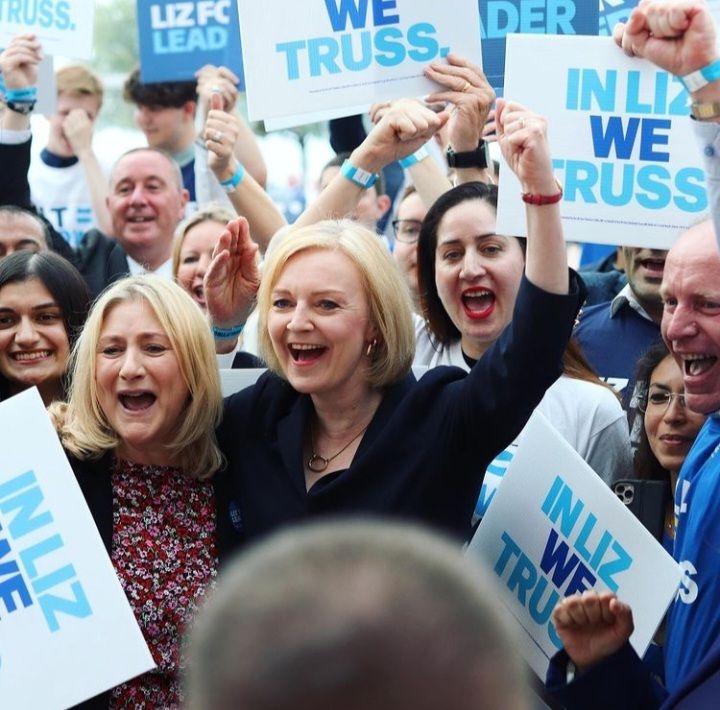Newly elected UK PM Liz Truss received flak from the House of Commons speaker Lindsay Hoyle after she failed to provide a ministerial statement before the debate deadline on her new energy bill.
Just before the start of the debate, Hoyle hit out at Truss, saying, “Before we start the debate, I want to put on record that I am very disappointed that the written ministerial statement, which is relevant, has not yet – or just – been made available in the last five minutes”.
Also read: Prime Minister Liz Truss says whole of the UK ‘deeply concerned’ by news about health of Queen Elizabeth II.
According to the protocol of the House of Commons, it is essential to make such statements available well in advance. PM Liz Truss was walking in the footsteps of her predecessor, Boris Johnson, who had also failed to provide the ministerial statement to him on time.
“Such statements should be made available by 9:30 AM when they are available to the debate like today,” Hoyle added.
The PM, however, was able to go ahead with presenting her energy bill albeit amidst a lot of noise from the opposition. There was so much noise that just as she was about to begin her speech, the speaker had to cut her short and ask the members of the opposition to remain silent during Truss’ speech.
Although the speaker made sure that the PM had the privilege in the house to lay out her energy plan, his attack on her earlier did not go down well with the people. Many took to social media to express their displeasure at how the speaker had interrupted the newly elected PM.
Also read: UK Prime Minister Liz Truss says she will cap gas and electricity prices to combat energy crisis
Eventually, Truss unveiled her much-hyped energy plan where an estimated £150 billion will be spent to prevent businesses and households from soaring energy prices. However, the business community in the UK expressed displeasure at the fact that Truss’ plan only gives a six-month cover to businesses, whereas for households it will be for 2 years.
As a result of this plan, the average annual energy bills for households will be limited to £2,500 in the next two years.







